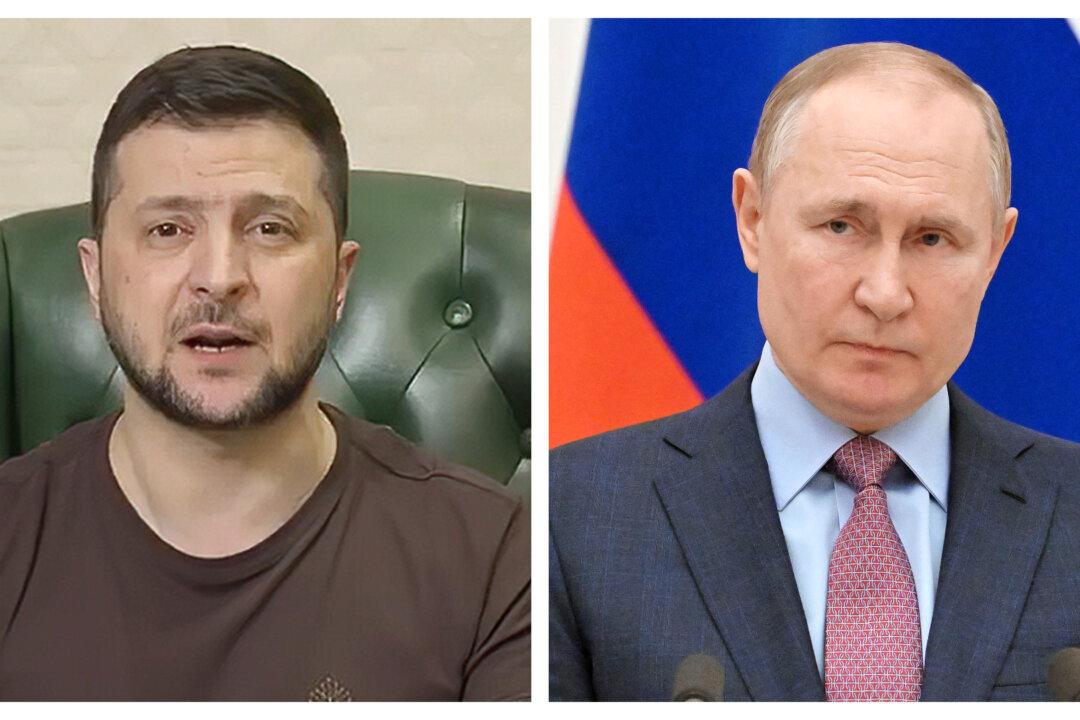Ukraine’s President Volodymyr Zelensky has called for direct talks with Russia’s President Vladimir Putin, saying such a meeting is needed to understand Putin’s conditions for ending the war.
Russia and Ukraine have held several rounds of talks by way of video conferencing, but so far without any significant breakthroughs. Zelensky said direct talks are now needed with his Russian counterpart “in any format” in order to understand the conditions for putting an end to hostilities.





